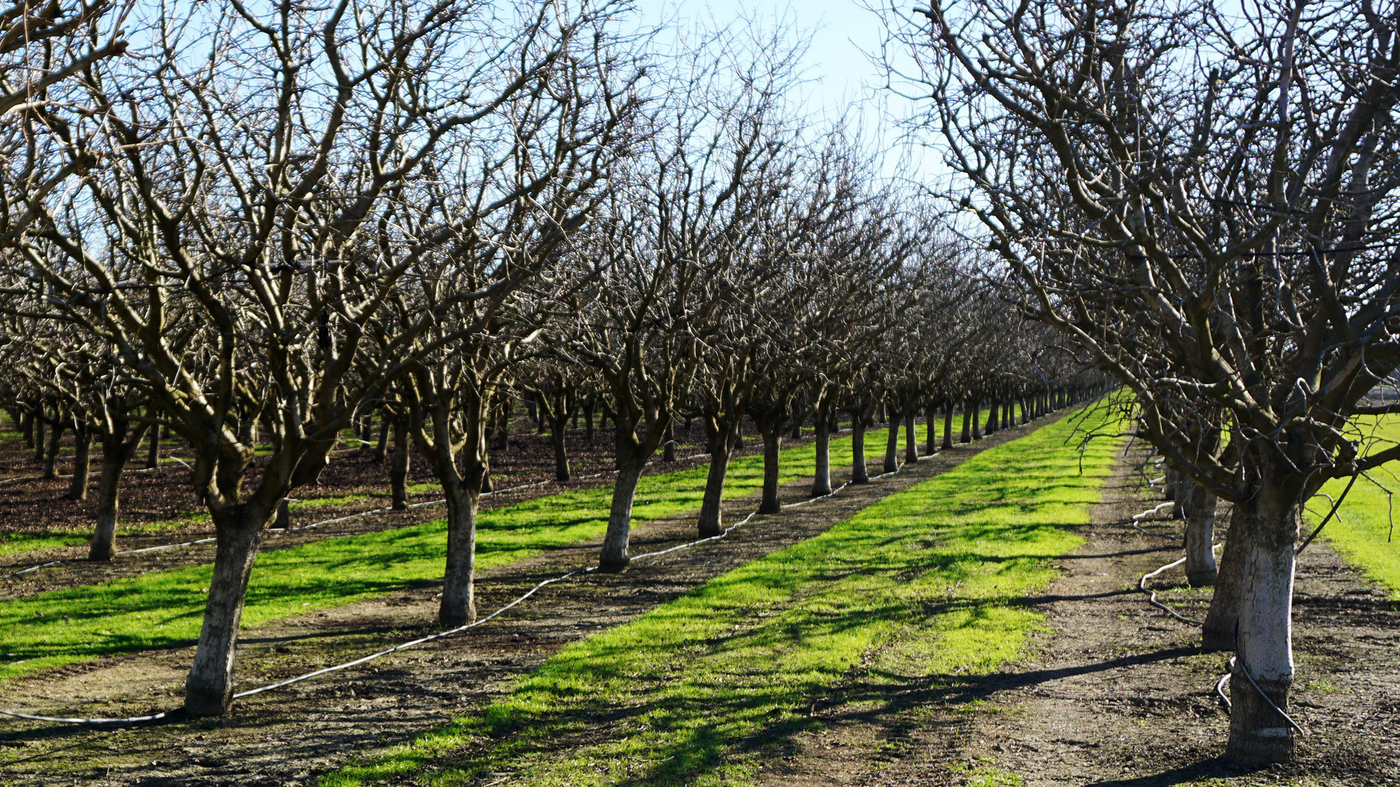Strategies to combat premature heatstroke

Premature heat, also known as early heat stress, is a growing concern in many regions due to climate change and rising global temperatures. It affects human health, agriculture, and even urban living conditions. To minimize its negative impacts, effective strategies must be adopted at the individual and societal levels.
Personal protection and lifestyle adjustment
- Hydration: Drinking enough water throughout the day helps regulate body temperature and prevent dehydration.
- Clothing Choices: Wearing lightweight, breathable, and loose-fitting fabrics reduces heat absorption.
- Schedule Management: Avoiding outdoor activities during peak sunlight hours can reduce the risk of heat stress.
- Healthy Diet: Consuming fruits, fresh vegetables, and foods rich in water can improve the body’s resistance to heat.
Urban and environmental solutions
- Green Infrastructure: Planting trees and creating green roofs helps cool cities by providing shade and reducing the heat island effect.
- Smart Urban Planning: Designing buildings with natural ventilation and reflective materials reduces heat inside the building.
- Water Management: Expanding access to clean water and cooling stations in public areas provides safety for vulnerable groups.
Agricultural practices
- Heat-Resistant Crops: Using seeds that can withstand higher temperatures ensures food security.
- Efficient Irrigation Systems: Drip irrigation saves water and keeps crops hydrated even in extreme heat.
- Soil Management: Mulching and organic matter improve soil moisture retention and reduce heat stress on plants.
Conclusion
Premature heatwaves are a serious threat that requires urgent attention. By combining personal care, urban planning, sustainable agriculture, and strong policies, communities can mitigate their negative impacts and build a safer future.
Source: Hiva Nuts




